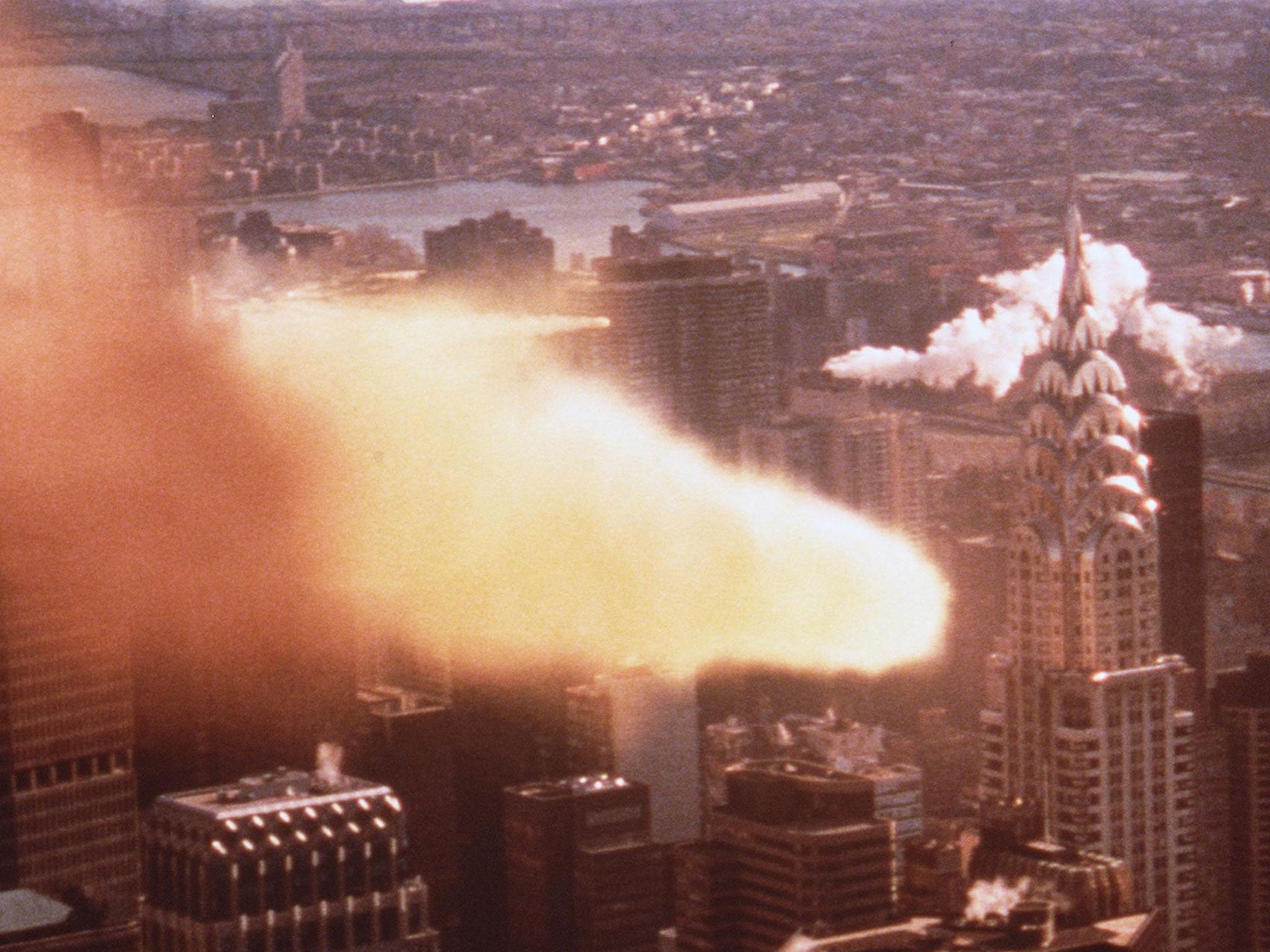End of the World Night, TV review: More eye-catching hyperbole than serious prophecy
The title refers to a list programme counting down the 10 greatest threats to humanity, with a little help from the experts and Hollywood disaster movies

Your support helps us to tell the story
From reproductive rights to climate change to Big Tech, The Independent is on the ground when the story is developing. Whether it's investigating the financials of Elon Musk's pro-Trump PAC or producing our latest documentary, 'The A Word', which shines a light on the American women fighting for reproductive rights, we know how important it is to parse out the facts from the messaging.
At such a critical moment in US history, we need reporters on the ground. Your donation allows us to keep sending journalists to speak to both sides of the story.
The Independent is trusted by Americans across the entire political spectrum. And unlike many other quality news outlets, we choose not to lock Americans out of our reporting and analysis with paywalls. We believe quality journalism should be available to everyone, paid for by those who can afford it.
Your support makes all the difference.The bad news is not even love can save us now. It would appear that the title of Channel 4’s End of the World Night on Saturday was more eye-catching hyperbole than serious prophecy. The title actually referred to a list programme counting down the 10 greatest threats to humanity, with a little help from the experts – and a lot of help from Hollywood disaster movies.
Responding to clips from movies, geologists, statisticians and journalists dismissed the risk of alien invasion and super volcanos, while warning against complacency regarding asteroids and global pandemic. “An important maxim is the unfamiliar is not the same as the improbable,” said twinkly-eyed Astronomer Royal Martin Rees, looking for all the world like he might positively enjoy a giant asteroid collision.
It might have been better if there’d been more from the likes of Rees and less from the movies. When it comes to matters of such importance, you ideally want key information sourced from a real scientist, not just Dustin Hoffman playing a “maverick scientist” in the 1995 film Outbreak.
Join our commenting forum
Join thought-provoking conversations, follow other Independent readers and see their replies
Comments